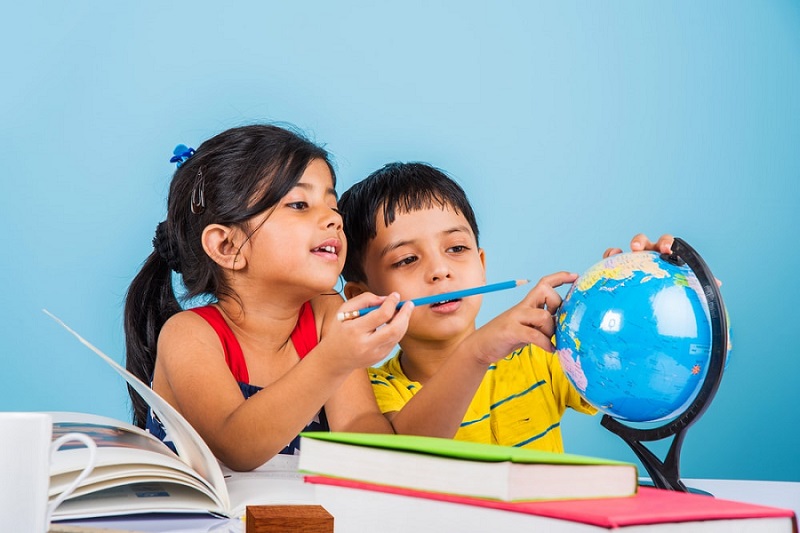1 Creativity
Arts, rather than arithmetic or science, enable youngsters express themselves more successfully. Your child may be obliged to perform a monologue six times, create a picture depicting a memory, or develop a new rhythm to improve a piece of music as part of an arts programme. Children who have practised creative thinking will find it simpler to do so in the future.
2 Academic Achievement
The arts do more than only stimulate a child’s imagination. These abilities that children develop as a result of them transfer to academic success. Young people who regularly participate in the arts are four times more likely than youngsters who do not participate to be recognised for academic achievement, to participate in a math and science fair, or to get an award for writing an essay or poetry.
3 Motor Skill
This is especially true for younger children who are interested in art or music. Simple tasks like holding a paintbrush and scribbling with a crayon aid in the development of fine motor skills in children. Children should be able to draw a circle and use safety scissors by the age of three. Children as young as four years old may be able to draw a square and use scissors to cut straight lines.
#4 Confidence
While mastering a subject certainly enhances a student’s confidence, participating in the arts is something unique. Performing on stage and singing encourages students to step outside of their comfort zone. Their self-esteem will build as they improve and see their own progress.
5 Visual Education
Drawing, painting, and sculpting in art class aid in the development of visual-spatial ability in young children. Kerry Freedman, Art & Design Director Children demand more knowledge about the world than words and numbers can provide. Art education teaches students how to interpret, analyse, and use visual information, as well as make judgments based on it.
6 Decision Making
The arts help people enhance their problem-solving and critical thinking skills. How can I express this emotion in my drawings? What should this character’s role be? Making choices and decisions will surely carry over into their schooling and other facets of life, and this is an important skill to have as they mature.



